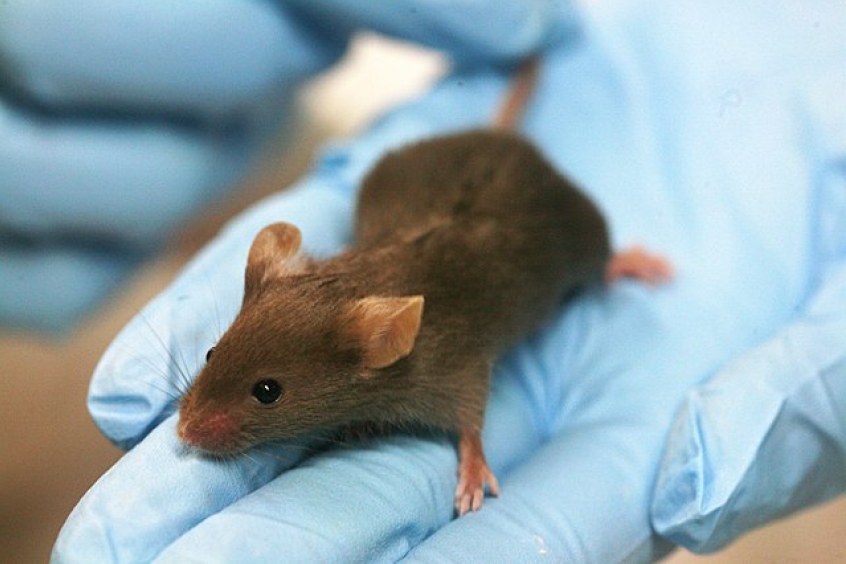
Research conducted with mice suggests that daily exercise can help in regenerating new heart muscle cells even after a heart attack.
The study, published in the journal Nature Communications on Wednesday, found that mice can generate four times as many new heart cells with daily physical activity, compared to those who do not exercise.
Researchers from the Harvard Department of Stem Cell and Regenerative Biology (HSCRB), Massachusetts General Hospital (MGH), Harvard Medical School (HMS) and the Harvard Stem Cell Institute (HSCI) conducted the study by dividing the mice into two separate groups.
The group with voluntary access to a treadmill exercised for five kilometers each day for eight weeks, while the other group remained sedentary.
"We wanted to know whether there is a natural way to enhance the regenerative capacity of heart muscle cells," Dr. Ana Vujic, a researcher at Harvard, stated in a press release.
"So we decided to test the one intervention we already know to be safe and inexpensive: exercise," she added.
The researchers administered a chemical that labeled newly made DNA to enable them to see where new cells were being produced.
The findings revealed that the group of mice that had access to the treadmill made over 4-1/2 times the number of new heart muscles compared to the group that did not exercise.
Physical activity in mice that suffered heart attacks also showed an increase in regeneration of new cells.
"Maintaining a healthy heart requires balancing the loss of heart muscle cells due to injury or ageing with the regeneration or birth of new heart muscle cells," said Dr. Anthony Rosenzweig, a professor of medicine at Harvard, according to Daily Mail. "Our study suggests exercise can help tip the balance in favour of regeneration," he added.
The researchers said that they aim to find out the specific biological pathway that results in heart muscle cell regeneration after exercise.
"Now we need to find the signals that are sufficient to turn this pathway on," Rosenzweig said, as reported by Daily Mail.
"If we can turn on these pathways at just the right time, in the right people, then we can improve recovery after a heart attack," Dr. Richard Lee, Harvard Professor of Stem Cell and Regenerative Biology, was quoted as saying.
While the experiment was conducted in mice, the researchers said that it has implications for the rehabilitation of people suffering from heart conditions.
Young adults normally renew one percent of their heart muscle each year, and the rate decreases with age. The loss of cells has been linked to cause heart disease, which could potentially be prevented with increased cell regeneration, according to the study authors.













